Required publicity
Project name: CirkArena
Project registration number: CZ.10.03.01/00/22_003/0000045
Provider of a subsidy: Ministry of the Environment of the Czech Republic
Operational Programme: Operational Programme Fair Transformation (OP ST)

CirkArena is a planned modern centre supporting the circular economy in the Moravian-Silesian Region. Its main goal is to transform the region into a model of sustainable development, focusing on research and efficient use of industrial waste such as slag, dust, bio-waste and building materials.
The project will contribute to the transformation of the region by maximising the use of secondary raw materials, promoting the sustainability and modernisation of businesses and linking industries, leading to a reduction in waste and promoting a circular economy. CirkArena is part of the wider SMARt And Green District (SMARAGD) initiative, which integrates the fields of materials, energy, environment and IT to ensure a sustainable future for the region. Further information on the initiative can be found here: https://www.smaragdova.cz/.
This project is co-financed by the European Union.
Composition of the project consortium:
Project promoter
- Materiálový a metalurgický výzkum s.r.o.
Project partners
Research and Development:
- Vysoká škola báňská – Technická univerzita Ostrava
- Univerzita Tomáše Bati ve Zlíně
- České vysoké učení technické v Praze
- Ústav chemických procesů AV ČR, v. v. i.
- Vysoké učení technické v Brně
Education and raise awareness:
- Institut Cirkulární Ekonomiky, z.ú.
- Smart & Open Base for Innovations in European Cities and Regions, z.ú.
- Česká technologická platforma pro udržitelnou chemii
Public sector:
- Statutární město Třinec
- Regionální rada rozvoje a spolupráce se sídlem v Třinci
- Moravskoslezské inovační centrum Ostrava, a.s.
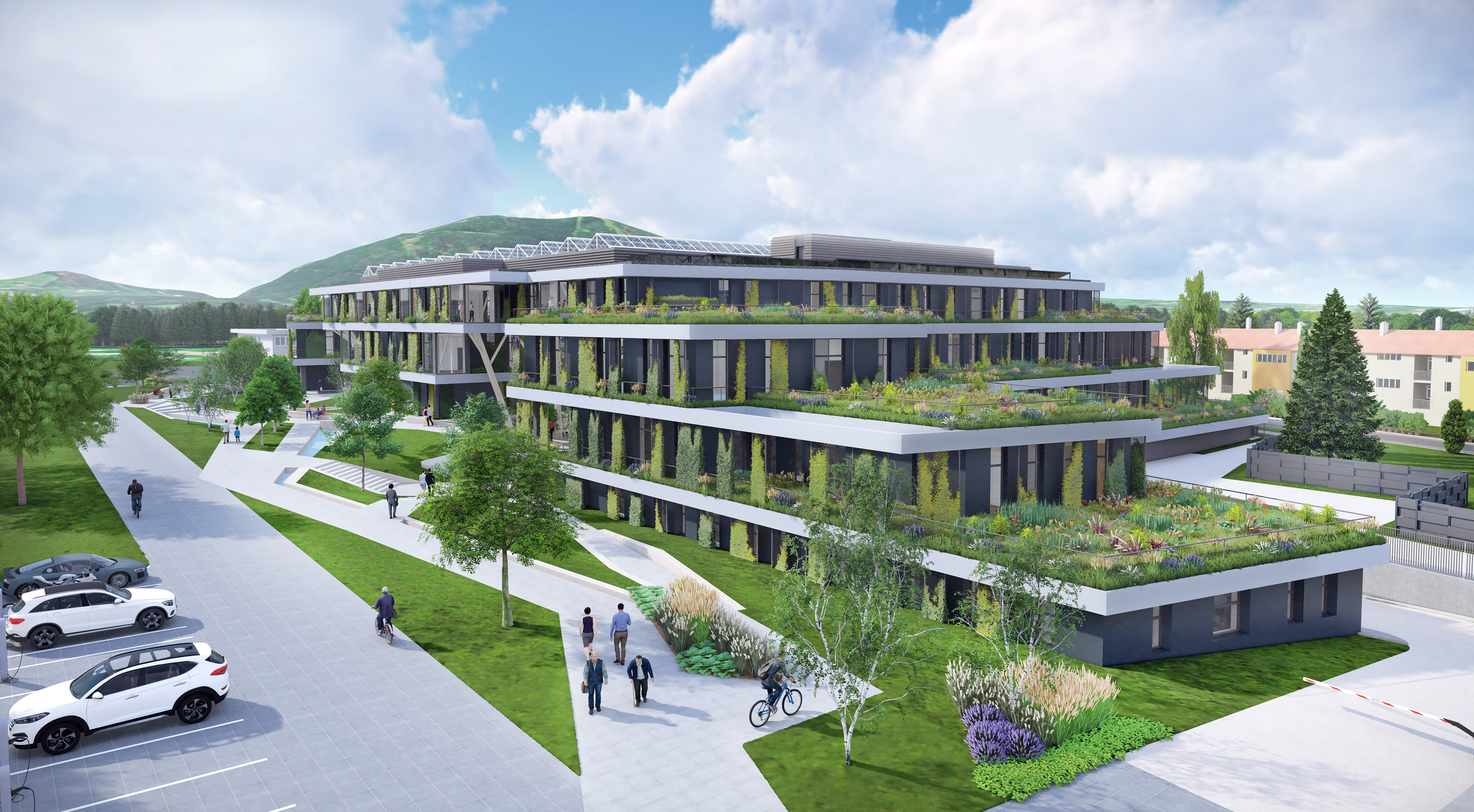
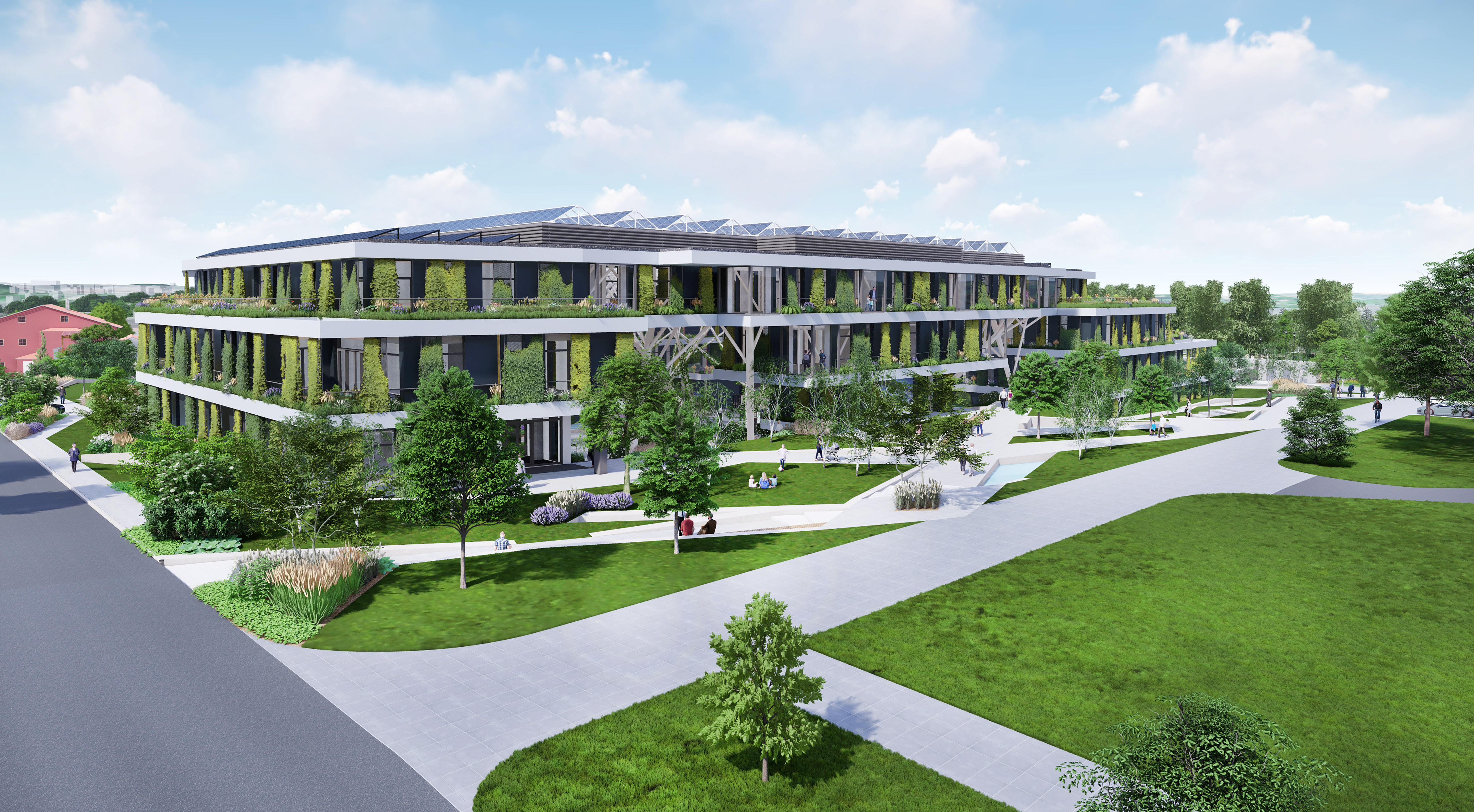

Registration number: CZ.01.01.01/01/22_002/0000966
Duration: 2024 - 2026
The project is oriented towards the comprehensive use of waste materials and its aim is to design and verify the use of waste materials for the preparation of composite mixtures in order to reduce the environmental impact of waste gases and CO2.
Leaflet: Available here
Webiste of the Main Investigator: ECOCOAL new environmental technologies
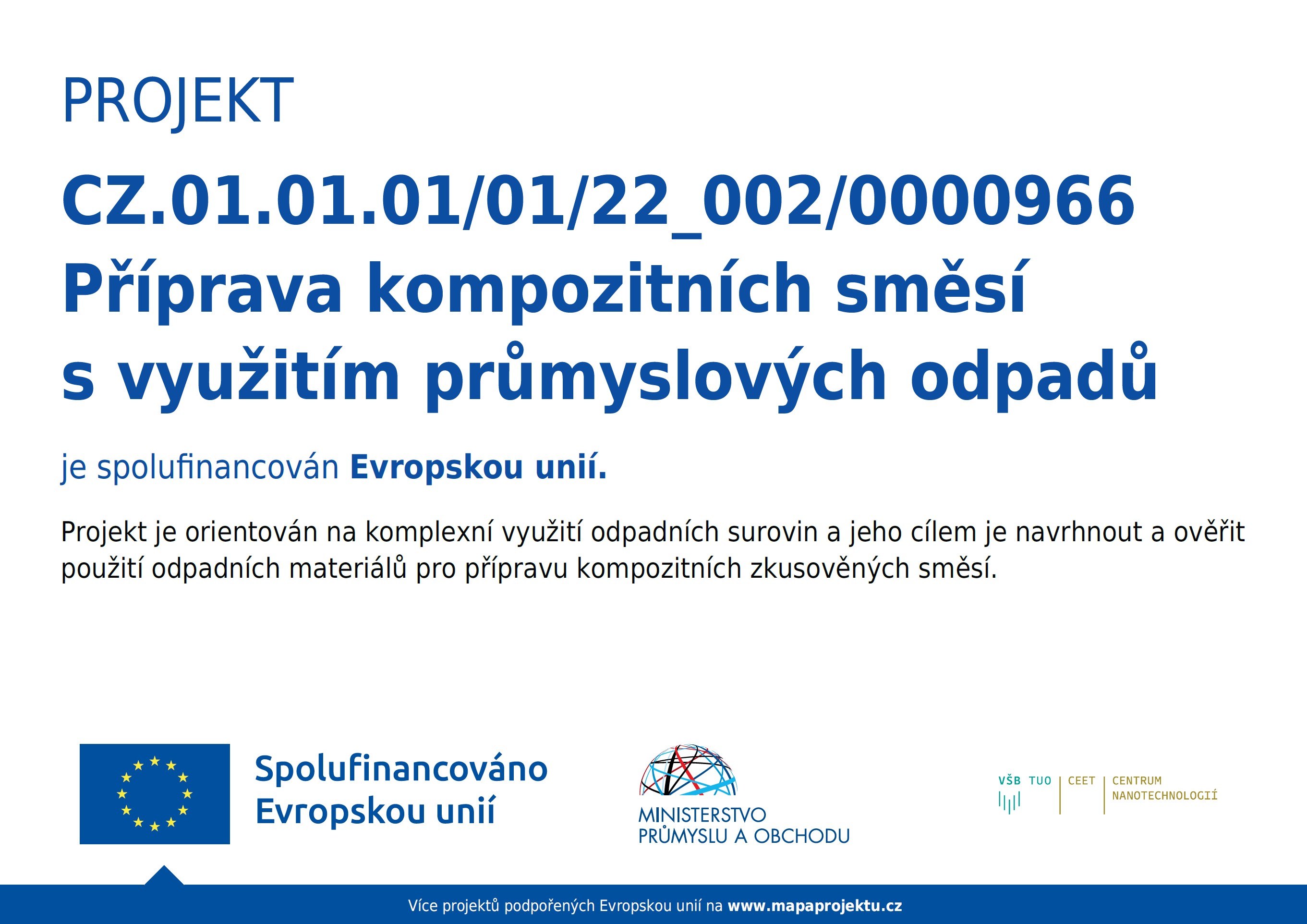
Registration number: SS07020007
Duration: 04/2024-06/2026
The aim of the project is to remove potentially carcinogenic cobalt and to minimise the nickel content (hazardous to the environment) from the most commonly provided phosphate concentrates for the generally used pre-treatment of steel surfaces prior to the application of organic coatings (coating systems). A further objective will be the development of a complex anti-corrosive unit (conversion coating - organosilane coating system) surface treatment, leading to an increase in the service life of steel
components of the transport infrastructure, while reducing the environmental impact.
"The project Development of an "environment friendly" anti-corrosion surface treatment system for transport infrastructure equipment is co-financed with state support from the Technology Agency of the Czech Republic under the Environment for Life Programme. This project is funded under the National Recovery Plan from the European Recovery and Resilience Facility."

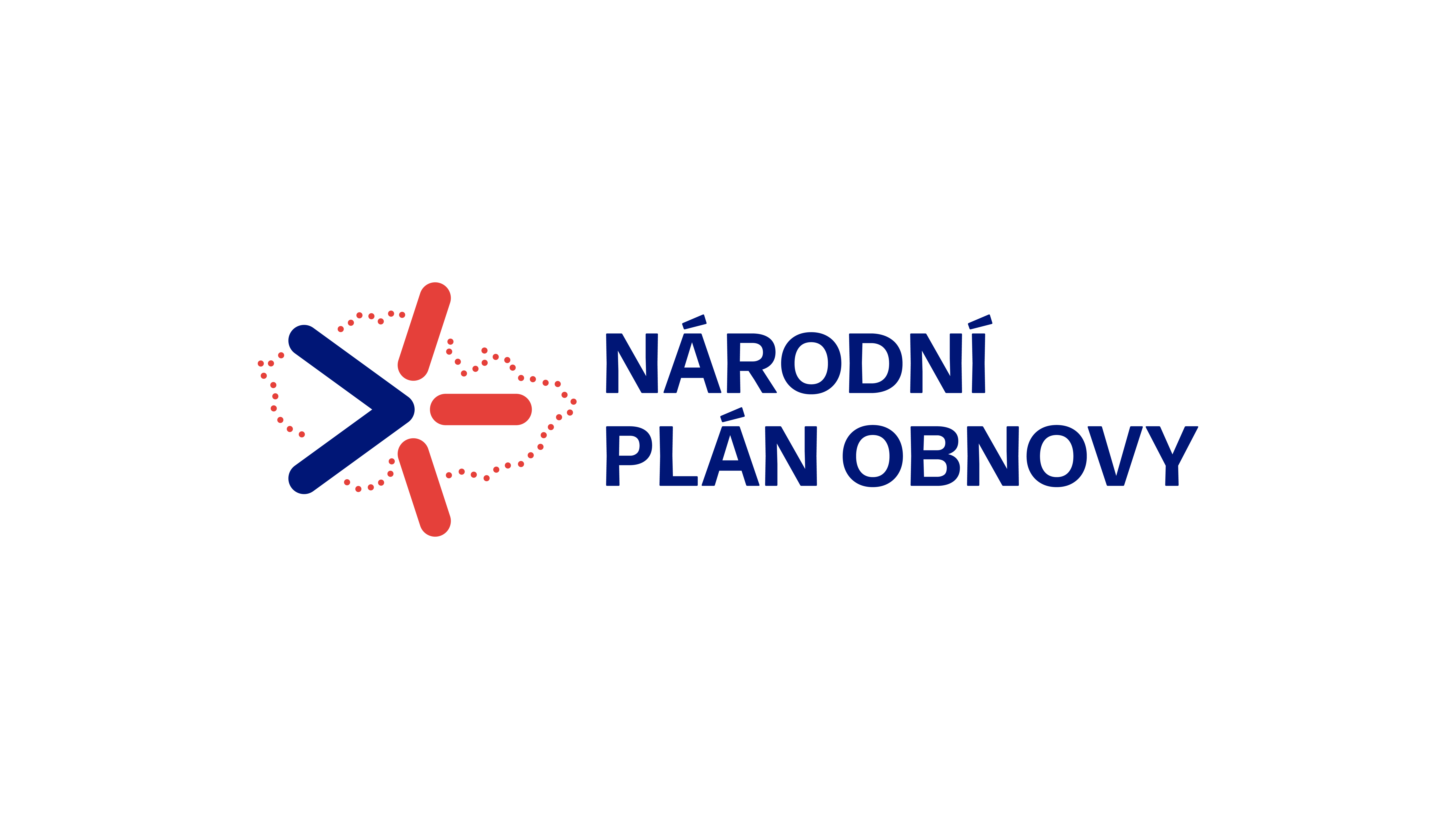
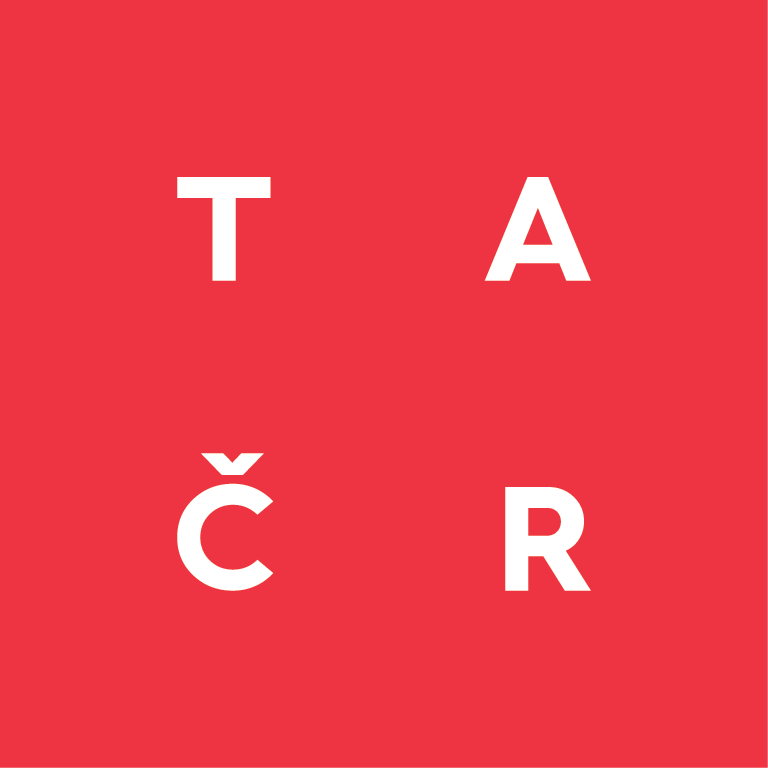
Registration number: FW10010383
Duration: 01/2024-04/2026
The project focuses on the use of low-temperature plasma microdischarge and its environmental applications with the aim of achieving a reduction of gaseous emissions, mainly of organic substances, which are generated in the process areas of the manufacturing industry. The R solution is based on the design and optimisation of the reactor design, the energy source and the choice of materials, including the support and the appropriate type of catalyst. The design of the combination of reactor shape and material with the appropriate type of catalyst will thus enable the decomposition and reduction of mainly volatile organic hydrocarbons (VOCs) with the achievement of the required concentration limits of the legislation at low energy consumption of the process.
"The project Application of low-temperature plasma to reduce gaseous emissions is co-financed with state support from the Technology Agency of the Czech Republic under the TREND Programme. This project is funded under the National Recovery Plan from the European Recovery and Resilience Facility."



Registration number: TH82020004
Duration: 06/2023-05/2026
SAFER focuses on the research and development of a family of ceramic matrix composites (CMC) with self-healing capabilities. As monolithic ceramics are brittle, their use is rather limited. With embedded carbon fibres, the ceramic behaves more ductile and has a high temperature resistance. In the SAFER project, this excellent material will be further functionalised with carbon nanostructures to improve its mechanical properties and to gain self-healing properties. The production of the material will be carried out by large-scale injection moulding followed by pyrolysis and LSI process. Another objective is to recycle the prepared material in order to reduce the carbon footprint of the production process and the production costs. LCA will be used for the production of the material to determine the environmental impact and adjust the research if necessary. Fiber ceramics do not emit any fine dust in frictional applications and the material can be used in frictional processes and for power generation in hydrogen engines.
"The project Fiber-reinforced ceramic composite with self-healing capabilities is co-funded with state support from the Czech Technology Agency under the Epsilon Programme, ERA-NET Cofund/Partnership call. This project is funded under the National Recovery Plan from the European Recovery and Resilience Facility."


